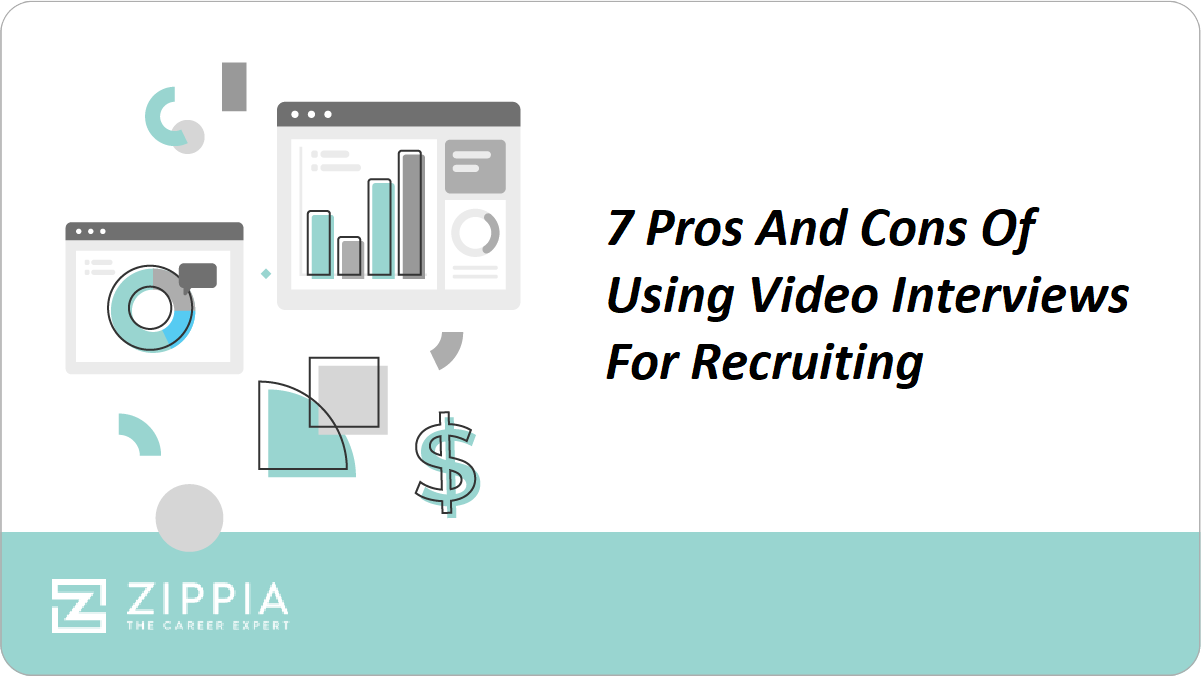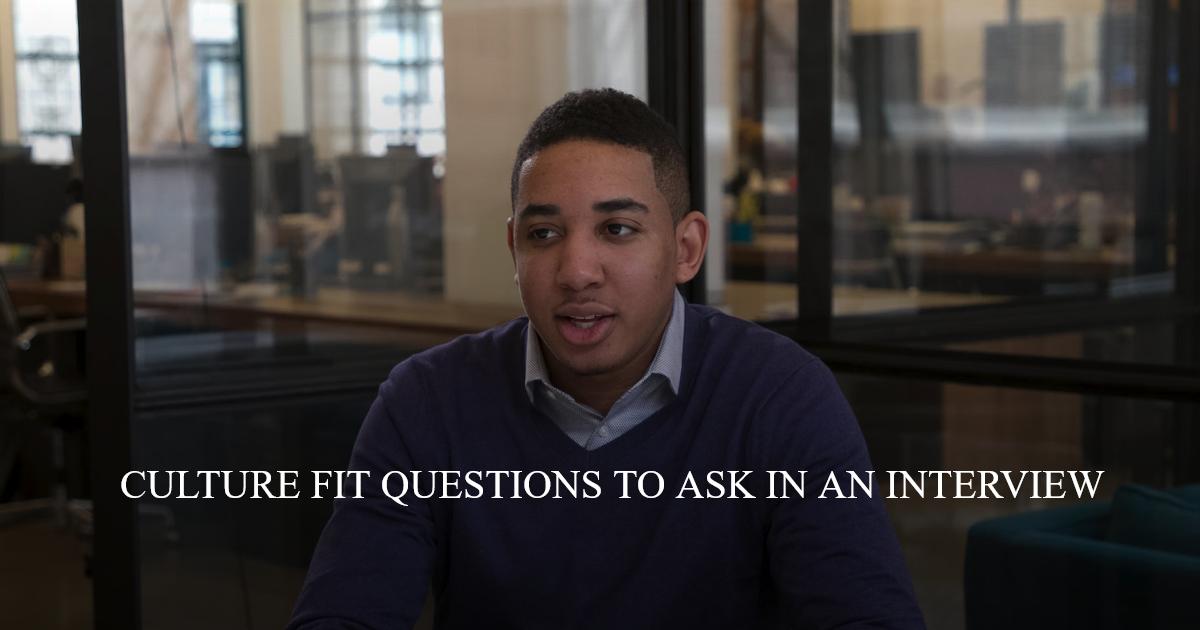Every company faces certain difficulties when it comes to hiring and there are different solutions to these problems. However, regardless of the issues that you may face or methods that you apply while searching for personnel, an interview is one of the most significant and irreplaceable elements of this process.
During the interview, you should strive to get as many details about your potential new employee as possible, check the validity of provided information, and evaluate how suitable for the vacancy a candidate is.
Key Takeaways:
-
When conducting an interview, seeing how punctual a candidate, and how they present themselves can be an indicator of their work ethic and how serious they take their job.
-
How a candidate talks about their past achievements or mistakes can say about how they feel about their work.
-
Pay attention to the details of what they are saying even if its not related to their previous work experience.
What are the key factors of success?
It is important to create a trusting and friendly atmosphere during the conversation that will help the candidate to overcome any stress and tension, and it is also important to choose an appropriate form for the interview. Also, it can be really helpful if you can simulate different situations during the conversation that will allow you to reveal different aspects of the candidate’s personality and assess his professional level.
Questions should be formulated clearly. The candidate should focus his or her attention and efforts on answering your questions, and not on trying to understand the questions that you ask. Do not ask several questions in one go. It is advisable to group the questions by topics, smoothly going from one to another, creating logical and clear transitions, this way the conversation will not stray from the course you set.
Things a Recruiter Should Pay Attention to While Interviewing a Candidate
There are so many other things to pay attention to while conducting an interview other than their answers. Here are some of the things to look out for while conducting an interview:
-
How many jobs a candidate has held. If you find out that the candidate tends to change more than one job a year, this could be seen as a red flag. Some people are job hoppers, just looking for temporary work, meaning they have a long resume. Look for any relevant jobs they had within the last 10-15 years. The number of jobs that are typically on a resume are between three and seven.
Ask the interviewee the reasoning behind the multiple jobs in a year. They might have a valid reason for having two or three jobs held within the same year.
-
How a candidate presents themselves. First impressions are everything. It typically takes a recruiter about six or seven seconds to make decide what the first impression means, and if that interviewee shows up looking like the just rolled out of bed, it’s not going to be a good one.
A candidate should come dressed neatly and without any wrinkles or stains. When they come dressed, it suggests that they are taking the interview seriously and will most likely present their work in the future in the same way.
Remember to take into consideration your company culture and how your current employees dress. If the candidate comes more causal and matches what the company culture is, it could mean that they did their research on your company and chose what fit the best.
-
How punctual they are. When a candidate arrives to an interview can say a lot about them and their views on time management. The best candidates will arrive between 10 and 15 minutes before the start of their interview. However, the candidates that arrive later than their interview time tend to show those same qualities with their work.
However, don’t be too quick to jump to conclusions about the late candidates. If they are only a few minutes late, listen to the reason behind them being late. It could be valid and they just made a wrong turn into the building complex.
-
How they talk about their past achievements and mistakes. Many candidates are eager to talk about their past achievements, but not many will proudly talk about any past mistakes. Most people will make a mistake or two during their career, no one is perfect after all. A great candidate will be able to talk about their past mistake, and talk about how they learned from it and how they prevented it from happening again.
On the opposite end, how the talk about their achievements says a lot. If they are describing their achievements and they sound like they are embellishing the story and are emotional, chances are they are giving you a false narrative. Asking open-ended questions are a great way to uncover this. Ask questions that are specific to prevent them from exaggerating to hear the truth.
-
Any vague references or job titles. If you feel like the candidate is not giving you specific answers regarding their past work experience, try to ask about specific responsibilities that he or she had in each company. However, do not assume that a certain position in another firm has the same responsibilities as in yours and do not consider the answer untrue if it does not meet your expectations.
This also goes for any references that they provide. If they are not giving the names and the relationship with the reference, it could be a sign that they do not have anyone to back up their previous job titles.
-
Their understanding of the company and role. Most candidates should be doing research on the company before they come to a job interview. Ask the candidate specific questions about the company to see how much research they have done. If they don’t seem to be able to answer basic questions, chances are they did not do research before they came.
This also goes with the role itself. If they seem to be confused about their responsibilities, they may not be qualified for the role. But, if they are asking about what a typical day looks like, they most likely are trying to get a better understanding of the specifics of the job and what the company expects. Not every company has the same exact job duties that are done everyday, so asking is a good sign they are interested.
Tips For Interviewers
-
Ask behavioral questions. Asking these types of questions are a great way to figure out a candidates potential for into your company. It’s a great way to get to know the candidate, while having them answer specific questions.
-
Make the candidate speak more than you do. You should only be talking about 20 to 30 percent of the time during an interview. During this time, it should be asking questions to get to know your candidate. If you are doing most of the talking during the interview, it can be a red flag that the candidate is not giving you enough information.
-
Pay attention to details. Often an interviewer can get the most important information from the answers that are not related to the subject of the conversation. For example, if a person tells you that he likes skydiving, in essence, makes you realize that he likes to take risks, while someone who has built a house on his own, shows that he is persistent and can do a lot himself.
-
Review the candidate resume before the interview. Make sure you are reviewing the candidates resume right before the interview. This will be a great refresher and it will help you come up with specific questions to ask the candidate.
Common Interview Questions to Ask
A good interviewer uses a wide range of questions in order to get the most information out of the person sitting in front of them. What are these questions? Here are a few examples:
-
Can you give me an example of a difficult problem you solved at work? How did you reach a solution?
-
Tell me about a time you made a mistake at work and how you handled tis experience?
-
Can you tell me about a time when things didn’t work out well?
-
Was there a time when you had to complete a task with a tight deadline?
-
What do you know about our company?
-
Why do you want to work for our company?
-
What makes you the best candidate for this position?
-
What made you apply for this position?
-
How would your previous manager or coworkers describe you?
-
How do you resolve situations with difficult clients or customers?
-
Tell me about a time when you experience conflict at work and how you overcame it?
- Interviewer Tips
- Structured Interviews
- How To Be A Good Interviewer
- Interview Note-taking
- Memorable Candidate Interview Moments
- Top Companies With Unique Interviewing Strategies
- How To Be A Consistent Interviewer
- Topgrading Interview Process
- How To Use Technology To Screen Interviewing Candidates
- How To Make A Great Impression With Your Candidates
- How To Be An Expert Interviewer
- How To Build Rapport During An Interview
- The Do's And Dont's Of Personality Testing
- What To Pay Attention To When Conducting Interviews





